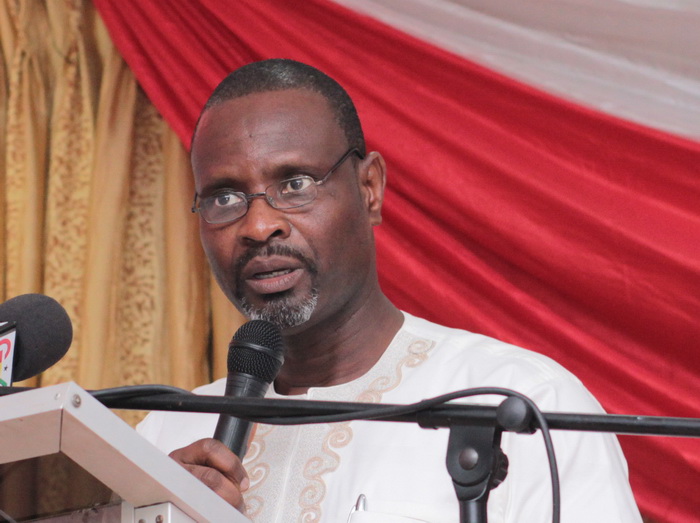
Businesses push for reduction in power tariffs
Businesses have expressed optimism that the government will use the 2018 Budget and Economic Policy to announce a reduction in what they described as the high cost of power for industries to be more competitive.
Advertisement
They also want the financial statement to reverse the current electricity tariff structure where industries are made to subsidise for residential consumers.
The President of the Association of Ghana Industries (AGI), Mr James Asare-Adjei, said this at the 57th annual general meeting (AGM) of the association in Accra on Wednesday.
“The cost of electricity still remains a major challenge and is prominent among the challenges that businesses in the country are facing. The current electricity tariff structure where industries subsidise the residential consumers is not best practice and needs to be addressed,” he said.
He said the association held the view that the tariff structure must not disadvantage industry but be one that ensured competitiveness of local industries in the country.
“There is the need for the government to fulfill its manifesto promise of reversing the situation where industries subsidise for residential,” the president requested.
Comparative tariff structure
For domestic consumers, the tariff in Ghana is around 19-28 cents per kilowatt hour (kWh); La Cote d’Ivoire is nine cents per kWh; Benin is 17 cents per kWh, Togo is 16 cents per kWh and Nigeria is 17 cents per kWh.
However, with commercial industrial consumers, the tariff in Ghana is 32.6 cents per kWh, Cote d’Ivoire is 13 cents per kWh, Benin is 19 cents per kWh, Togo is 18 cents per kWh and Nigeria is 17 cents per kWh.
Mr Asare-Adjei said it was rather less expensive to distribute power to industries than to residential consumers. According to him, distribution losses were mainly from residential users, yet industry is made to bear the cost of the losses thereof.
“The situation where the Energy Sector Levies are applied on the overall bill does not bring fairness. For a public good that is consumed by all, it is only fair for consumers to pay a flat rate,” Mr Asare-Adjei said.
He suggested that the government should dedicate a cheaper source of power such as hydro to commercial industrial consumers at nine cents per kilowatt hour (kWh), to help make the industries more competitive and reduce their overhead costs.
“The business community expects that industries pay lower tariffs than what is currently being paid,” he said and added that the business community wanted to see a clear long-term plan such as the Strategic National Energy Plan for the energy sector.
“We also need a clear strategy to implement such plans which transcend different political regimes,” he added.
Govt’s commitment
The Minister of Trade and Industry, Mr Alan Kyerematen, said the government was embarking on an ambitious agenda for economic reform and industrial transformation in the country.
He said the government presently sought to deal aggressively with the fundamentals for stabilising the macroeconomic environment, without which the private sector could not grow.
That, he said, included controlling inflation and interest rates, introducing fiscal discipline by rationalising public expenditure, while optimising the government’s revenue and at the same time controlling domestic borrowing.
According to Mr Kyerematen, that will ensure that the private sector is not crowded out of the financial markets and also help reduce the country’s foreign debt commitments to sustainable limits.
“We are also strengthening the private sector by shifting our economic policy focus away from taxation to incentivising production,” he said.
Microeconomic environment
The Governor of the Bank of Ghana (BoG), Dr Ernest Addison, said the central bank was adopting the right measures to ensure relative stability in the macroeconomic environment.
“The consistent reduction in policy rate, gradual fall in inflation levels and exchange rates hovering within reasonable limits are good indications of recovery and gradual stability in the macroeconomic environment,” he said.
He added that that indication was crucial for planning and long-term business and investment decision.



